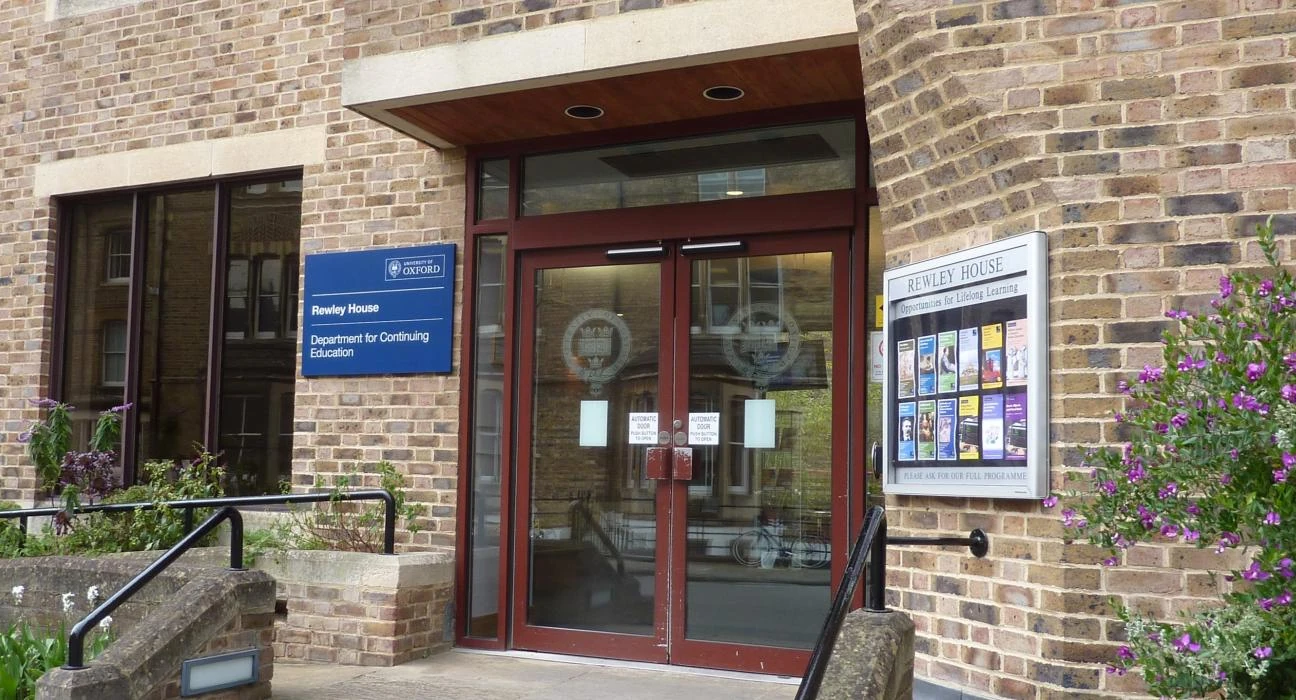Robert’s blog
-
10/100 Days of Productivity

Ok, midterms are over.
I’m quite exhausted ngl, and on top of that I need to catch up with the material covered in the past two weeks. However, I think I did great on both assignments.
As for today, I think that I will device a plan on how to get back to speed. I will also print the problem sets I should have solved. Those exercises might be a good way of resuming my studies.
-
09/100 Days of Productivity

Yesterday was the first day of week 7 of the semester, which implies I should start revising the material on predicate logic for my discrete mathematics course. Before moving on, however, I have yet to complete a peer-graded assignment that is due next week. I also need to start revising the material for this week on data visualisation for my Introduction to Programming II course.
Moreover, today I’ll be attending the first lecture on financial investment principles that I signed up to last week so I’ll be taking a look a the notes prior to that. And I must not forget about my health. I will have to hit the gym sometime throughout the day.
Consequently, I’ll be tackling these tasks today:
-
Hand in the peer-graded assignment on propositional logic.
-
Start revising the material on predicate logic.
-
Attend the lecture on financial investment principles.
-
Train legs.
-
Go for a walk.
-
-
08/100 Days of Productivity

I came to the realisation that I now longer have as much time as I did when I was a full-time student, and so, I decided to skip the last two items on this list.
-
pp.12 exercises 1–4.
-
pp.13 exercises 5, 6, 8 (a, b, d, e, g and h), 9 (a, b, c and h), 10, 11, 13 and 14.
-
pp.14: exercises 22–23.
-
pp.15 exercises 32-37. -
pp.35: exercises 9, 30, 31 and 34.
However, since the problem set has key exercises that the tutors wants us to do, I tackled those ones during the past weekend.
- Problem set on propositional logic.
I also started writing myself a cheat-sheet with all the key pieces of information I need to remember during the test.
-
-
07/100 Days of Productivity

Today I continued solving the exercises I had for this week. More precisely I solved pp.14: exercises 22–23. Consequently, this is how my TO-DO list is currently looking like:
-
pp.12 exercises 1–4.
-
pp.13 exercises 5, 6, 8 (a, b, d, e, g and h), 9 (a, b, c and h), 10, 11, 13 and 14.
-
pp.14: exercises 22–23.
-
pp.15 exercises 32-37.
-
pp.35: exercises 9, 30, 31 and 34.
I had serious trouble identifying the hypotheses and the conclusion in the statements and therefore I’ll write down the annotations I’ve made here. These are the rules to identify which is “p” (hypotheses), and which is “q” (conclusion) in conditional statements.
- If p, then q.
- If p, q.
- p is sufficient for q.
- q if p.
- q when p.
- A necessary condition for p is q.
- q unless ¬p.
- p implies q.
- p only if q.
- A sufficient condition for q is p.
- q whenever p.
- q is necessary for p.
- q follows from p.
For bi-conditional statements:
- p iff q.
- If p then q, and conversely.
- p is necessary and sufficient for q.
-
-
Financial Investment Principles

Rewley House, Oxford, United Kingdom. In line with my 2024 new year’s resolution, on November 26th I’ll be taking a course on financial investment principles offered by The University of Oxford and delivered by Konrad Kleinfeld.
There are two aspirations behind taking this course. The first one has to do with personal growth. And the second one with my professional aspirations. Addressing the former of the two, with the very first pay check one receives, there comes the responsibility of administering those acquired resources. I’ve never been formally introduced to finance, and I believe that knowing at least the basic aspects of it can help anyone greatly with this task we are all confronted with. Of course, one can live life spending all the money one makes in clothes, trips, technology, restaurants, you name it, but knowing there are other things out there to explore is what drew me to this course.
On the other hand, addressing the latter of the aforementioned aspirations, since I work in a bank, getting to know some of the technical vocabulary, and the inner workings behind how the business is conducted, could potentially propel my career, or at least help me build a stronger foundation onto which continue to build my future.